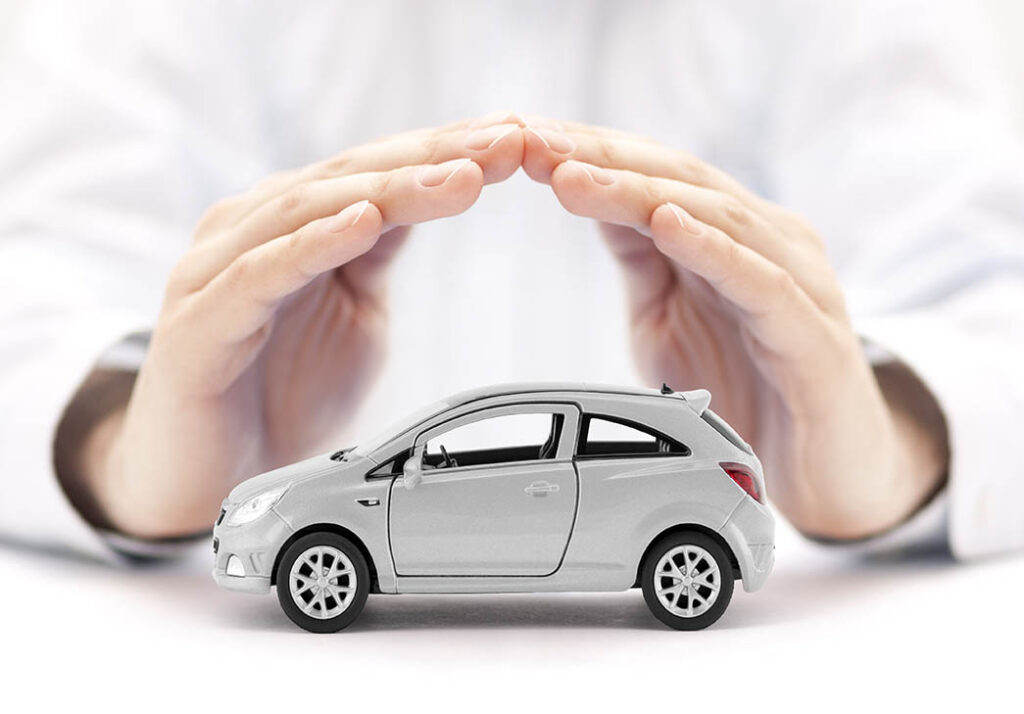Drivers are always looking for ways to lower the cost of the car insurance. OPCF 49 is a new endorsement implemented by the Ontario government as a way to provide choice about your coverage and to save money on your insurance. However, it has pros and cons that you should understand before making a change to your policy.
Basic auto insurance in Ontario includes 4 major coverages:
Third Party Liability
Covers you in the event that someone sues you for property damage or for injuring someone else in an accident and you’re at-fault.
Accident Benefits
Coverage kicks in to cover some basic medical costs over and above what OHIP provides, including a portion of lost income, medical rehabilitation and attendant care.
Uninsured Automobile
Coverage will pay out costs if the other vehicle driver is uninsured, under-insured or flees the scene of an accident.
Direct Compensation (DCPD)
Coverage pays to repair your vehicle if you are in an accident and not at fault. It will also cover the cost of a rental car (loss of use).
What's changing?
- Direct Compensation-Property Damage (DCPD) is part of your auto insurance policy. It covers damage to your vehicle resulting from an accident if you’re not at fault or partially at fault.
- As of January 1, 2024, drivers have the choice to opt out of DCPD coverage using the OPCF 49 endorsement.
- Opting out of DCPD could save you money up front, but it also removes important coverage.
Opting out of Coverage
The Ontario Policy Change Form (OPCF) 49 endorsement that allows you to opt out of Direct Compensation is formally known as the Agreement Not to Recover Loss or Damage from an Automobile Collision. If you add this endorsement to your policy, you give your insurance company permission not to compensate you for any physical damage to your vehicle if it is involved in an accident.
When you remove the DCPD coverage that comes standard with any auto insurance policy in Ontario, if you are in an automobile collision where you are not at fault, you would be responsible for the following costs without any compensation from your insurance company:
- Vehicle repair.
- Replacement cost of your vehicle or its value.
- Rental costs of a replacement vehicle.
- Towing and storage costs associated with removing your vehicle from the scene of an accident.
By adding the OPCF 49 endorsement to your policy, you have agreed to take on the financial responsibility for damage to your vehicle and cannot make a claim for reimbursement from the driver or owner of the other vehicle involved in the accident or their insurance company.
A real world example
You recently got a quote for your car insurance. During the quoting process you spoke with your broker and decided to opt out of DCPD and add the OPCF 49 endorsement to your policy. You were pleased to see that your annual premium went down by $30 a month.
Several months go by. While on your way home from a shopping trip, you stop at an intersection and your car is rear-ended by a distracted driver. There is a great deal of damage, and your car will need expensive and extensive repairs.
Because you removed DCPD and even though the accident was not your fault, you will have to pay for your car to be towed to a repair facility. Since public transit isn’t available in your area, you will need to pay to rent a vehicle while yours is being repaired. Finally, you’ll have to arrange for the repair to your car yourself and pay for it entirely on your own. More importantly, you will not be able to file a claim against the driver of the other vehicle or their insurance company. It’s at this point that you realize that your $30 a month savings have been wiped out by thousands of dollars in repair costs.
Adding the OPCF 49 endorsement to your policy can have expensive repercussions and you should carefully weigh the consequences against any potential up front savings on your premiums.
Can I still add Collision or other coverage to my vehicle?
No. If you remove the DCPD coverage, you will automatically be opted out of Collision, Upset and All Perils coverage. OPCF 49 means that you will have to cover all the damage costs yourself regardless of whether you’re at fault or not.
However, you will be able to have Comprehensive coverage, which covers damage to your car as a result of other factors other than collision: fire, theft, vandalism, etc.
How much can I save?
As mentioned above, the OPCF 49 endorsement was introduced as way to provide choice to Ontario drivers when it comes to the coverage they want and the premium they want to pay.
So how much money can you really save? Depending on the age of your vehicle and where you live, signing away your DCPD coverage could save you as much as 10% on your premiums. However, the flip side of this scenario should you be in an accident, can leave you on the hook for thousands.
If having a vehicle is crucial to you being able to get to work and earn a living, are you able to afford to repair it or purchase a replacement vehicle on your own? If you can’t afford to cover those costs, then removing DCPD from your policy can leave you severely under insured.
Why choose OPCF 49?
Up-Front Savings
OPCF 49 offers drivers coverage flexibility and a way to save on their premiums. You can save between 5 -10% on your premiums depending on where you live and the age of your vehicle.
Low-value vehicle
If you drive an older vehicle with a low value, this option might be right for you. Consider if you would bother replacing your vehicle if it were damaged in a collision.
Affording the financial impact
If you can afford to pay out of pocket for the cost of replacing or repairing your damaged vehicle and won’t be financially impacted, you might consider this endorsement.
Reasons not to choose the OPCF 49 endorsement.
Though OPCF 49 gives you flexibility in your insurance coverage, it also puts added financial responsibility on you. Consider if you can afford the following:
- Paying for repairs out of your own pocket.
- Covering the cost of a rental vehicle should you need it.
- Having to pay for a replacement vehicle if yours is not repairable.
You should consider if the potential cost of repairing or replacing your car is exponentially higher than any potential savings on your premiums and if this is a cost that you are willing to bear.
If you are considering removing DCPD from your auto insurance policy, please speak to your broker to learn more about the pros and cons of the OPCF 49 endorsement. Your broker can also help to look for other potential discounts and savings on your automobile policy that can help lower your premium.




